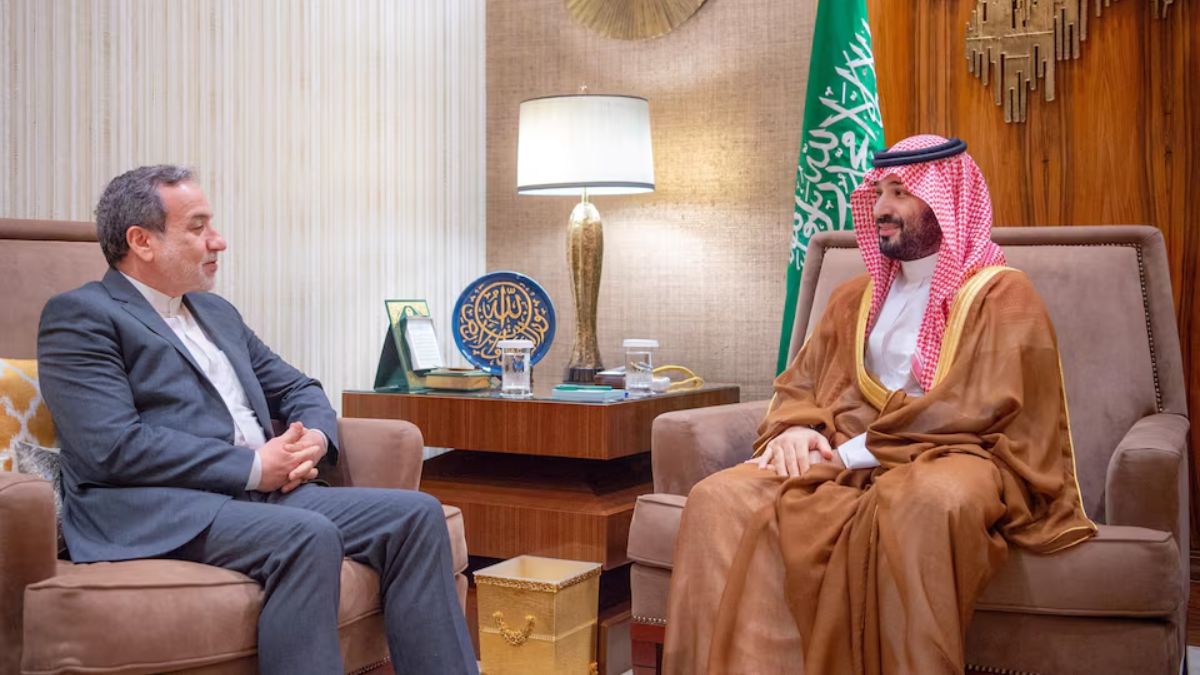- By Imran Zafar
- Sat, 12 Oct 2024 11:50 AM (IST)
- Source:JND
Iran issued a strong warning to its Arab neighbours and US allies in the Gulf, urging them not to allow Israel to use their airspace, as tensions escalate following a recent ballistic missile attack by Iran. Israel has vowed to retaliate against the attack, leading Tehran to caution that any support for Israel from these countries could escalate into war.
The warning, conveyed through secret diplomatic channels, targets oil-rich nations such as Saudi Arabia, the United Arab Emirates (UAE), Jordan and Qatar, all of which host US military forces. Iranian leaders have repeatedly stated that aiding Israel in any way would provoke severe retaliation, reported WSJ.
According to reports, Arab nations have communicated their unwillingness to become entangled in a broader conflict by permitting the use of their military infrastructure for strikes against Iran. Leaders in these energy-rich Gulf states fear that their oil facilities could become prime targets if hostilities escalate. However, analysts indicate it is unlikely any Arab country would permit its airspace to be utilised for an Israeli strike against Iran.
ALSO READ: Iran-Israel Conflict: Body Of Slain Senior IRGC Commander Nilforoushan Recovered, Confirms Tehran
Iranian President Masoud Pezeshkian and Foreign Minister Abbas Araghchi have been actively engaging Gulf neighbours to secure their support and influence Washington to prevent an Israeli attack. Abbas Araghchi recently visited Saudi Arabia, where he held discussions with Crown Prince Mohammed bin Salman.
Gulf states are also worried about the potential impact on global oil markets if conflict erupts. A war between Israel and Iran could disrupt oil exports through the Strait of Hormuz, a vital chokepoint for global energy supplies, leading to soaring energy prices and destabilising markets.
ALSO READ: ‘India Biggest Tariff Charger…’: Trump Vows Reciprocal Taxes If Elected As US President
Iranian President Masoud Pezeshkian also met with Russian President Vladimir Putin to discuss the Middle East situation. He publicly called for Israel to cease actions he described as violent against innocent people, actions he attributed to US and European backing. Meanwhile, Israel remains resolute in its stance that Iran will face consequences for its missile attacks, despite claims of successful interceptions.
Tehran's missile strikes were in retaliation for the killings of prominent figures associated with Hamas and Hezbollah, as well as an attack on its consulate in Syria that resulted in the deaths of two Iranian generals.
